Tags
20th century, article, Brooklyn, commercial, communication, composing, Compugraphic, Compugraphic Universal V, Dad, Danish Association for Communication, Denmark, Design & Media, Don Gale, donation, electrical, electronics, ephemera, Fotosetter, Garamond, GRAKOM, gravure, Henning Impgaard Madsen, industry magazine, Intertype, Intertype Corporation, KSL, letterpress, lithographic plates, machine, manuals, marketing, media production, museum, offset, Outcome, paper, photographic, platemaking, plates, printer, rare books, Royal Danish Library, Special Collections, technology, type specimens, typographers, UDKOM, United States, Viborg, Vingaard Officinet
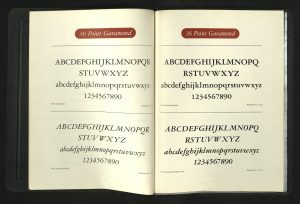
“These showings of Intertype “Fotosetter” Garamond mark an important event in the history of Intertype Corporation. All of the composition was produced on an Intertype Fotosetter photographic line-composing machine. The original film positives were used to make deep-etch lithographic plates, from which this booklet was printed. Quite appropriately for such an occasion Garamond, considered among leading typographers to be one of the most successful type faces ever introduced, was selected for these introductory specimens of Fotosetter technique.”
Fotosetter Garamond
Brooklyn: Intertype Corp., 1949
Z250 F75 1949
Any one of a certain age living in Utah knows who Don Gale is. Three times a day, in the seventies, eighties, and nineties, KSL aired Don’s short, stern, fair editorials. Don was the Vice President for Public Affairs and Editorial Director at KSL.
Over the years, Don has donated personal papers, videos of his editorials and other material to Special Collections. In 2006, Rare Books was the happy recipient of a collection of books and printed ephemera concerning twentieth century commercial printing technologies, including manuals and type specimen books.
Don’s dad was a printer.
In late November we received an email from Henning Impgaard Madsen in Denmark, who had discovered through the internet that we had “some information about the first Fotosetter in the world.” The Royal Danish Library did not have “any information.” Mr. Madsen said that he was helping a museum get an Intertype Fotosetter working but that he needed “some details about the electrical parts and how to work it.”
Thanks to Don’s donation, we were able to provide Mr. Madsen with all the details he needed.
Like Mr. Gale, Mr. Madsen is “retired,” although neither one of them is spending much time retiring. He studied electronics in school. Among other things, he worked with Fotosetters, “mainly Compugraphic from US.”
After he retired, Mr. Madsen and his wife visited museums featuring typesetting, but never ran across a Fotosetter. Then, in a museum in Viborg, the Vingaards Officinet, he found an Intertype Fotosetter. “I had no idea that the first Fotosetter looked like this.
“I talked to the people at the museum and asked why they did not have a Compugraphic, the one I knew from the 1970[s]. They answered, ‘If you can find one we would very much like to have one.’ Mr. Madsen thought to himself, no problem, easy job. “I started to call around, but all the machines or my old customers [had] disappeared. [Someone] gave me the idea” to contact, GRAKOM, the Danish Association for Communication, Design & Media. That contact led to an article about Mr. Mardsen in UDKOM (Outcome), an industry magazine covering issues and news for companies straddling design, media production, communication and marketing.
The article eventually led to a phone call from a man who had a Compugraphic Universal V. It wasn’t working, but Mr. Mardsen found some parts, did what he could and donated it to Vingaards Officinet.
The museum staff then asked Mr. Madsen to get their Intertype Fotosetter running.
And that is how Don Gale’s donation made a difference in Denmark. We supplied Mr. Madsen scans of a manual for operating the first Intertype Fotosetter, from Mr. Gale’s collection. And Mr. Madsen got the mid-century Fotosetter running. A generation made to last.
Thank you, Don Gale and good work, Mr. Madsen!
###
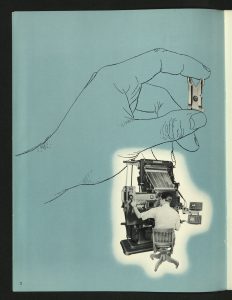
“The Fotosetter is an automatic, photographic line composing machine. It produces justified composition in galley form directly on film or photographic paper in one operation. This composition can be reproduced on offset-lithographic, gravure and letterpress plates, using standard platemaking methods in each case.”
Introducing the Fotosetter: the photographic line composing machine
Brooklyn, NY: Intertype Corp., 1950
TR1010 I58 1950
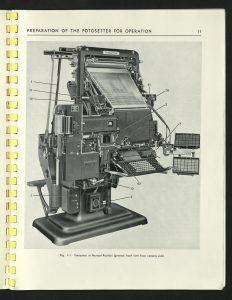
“The greater party of this manual is devoted to suppplying the Fotosetter operator with the information which he must have to set up, operate, and maintain his machine, and to understand the principles of its operation.”
Operators manual for the Intertype Fotosetter photographic typesetting machine
Brooklyn, NY: Intertype Corporation, 1955
Z249 O643 1955
Rare Books copy is a gift from Don Gale.
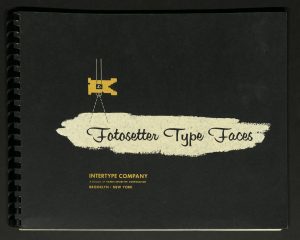
“Following a three year period of field testing in the U. S. Government Printing Office in Washington the first commercial installation was made in 1949. Since then Fotosetter photographic line composing machines have been installed and proven highly successful in all types of printing and composition plants throughout the United States and the world.”
Fotosetter type faces
Brooklyn: Intertype Corporation, ca. 1950
Z250 I58 F6
Rare Books copy is a gift from Don Gale.

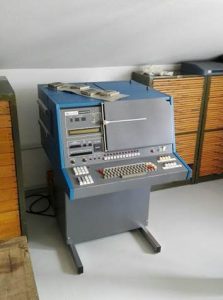
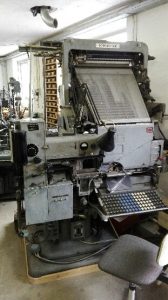
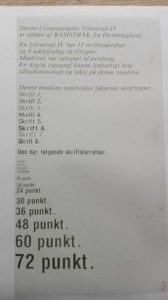
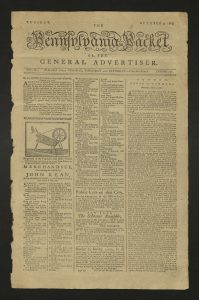
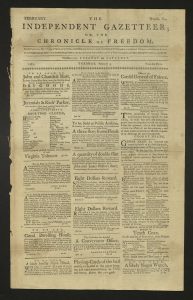
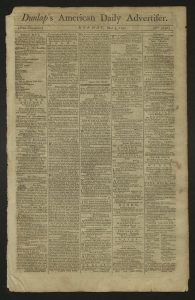
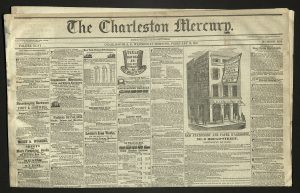
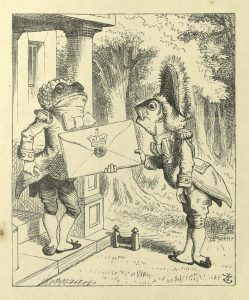
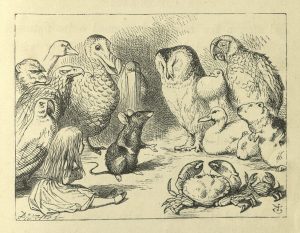
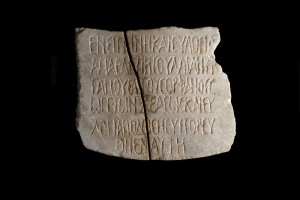
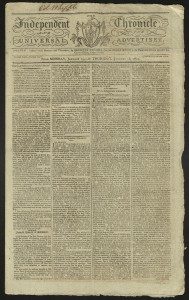

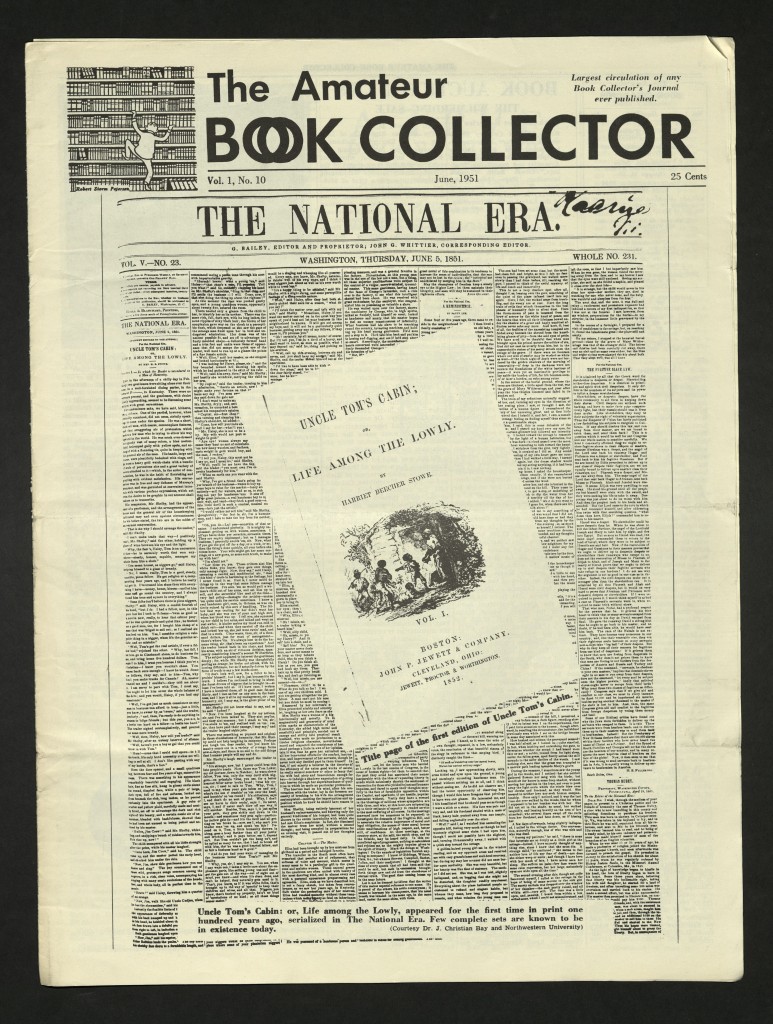
You must be logged in to post a comment.